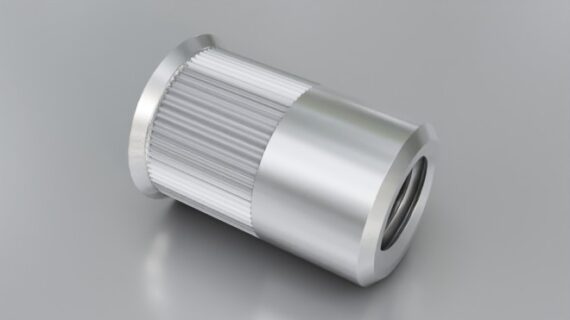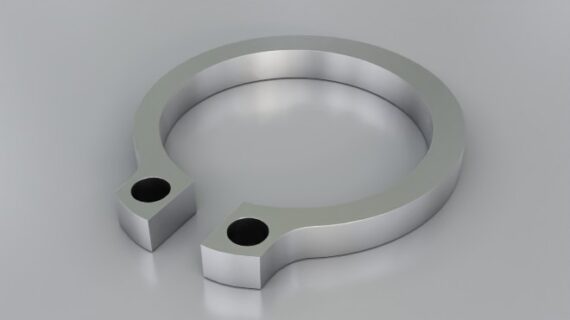Security Fasteners
Security fasteners, also known as tamper-resistant or tamper-proof screws and bolts, are designed to prevent unauthorized removal or tampering. These fasteners feature unique drive styles and heads that require specialized tools for installation and removal, providing added security for various applications. Here is an overview of security fasteners, including their types, features, applications, and installation considerations:
Types of Security Fasteners
- Security Screws
- Torx Security Screws (Torx Tamper-Resistant)
- Description: Feature a star-shaped Torx drive with a pin in the center.
- Applications: Electronics, automotive, public facilities.
- One-Way Screws (One-Way Slotted Screws)
- Description: Designed to be installed with a standard slotted screwdriver but cannot be removed without a special tool.
- Applications: License plates, restroom fixtures, public safety equipment.
- Security Hex Screws (Hex Pin Screws)
- Description: Have a hexagonal drive with a central pin.
- Applications: Vending machines, access panels, enclosures.
- Tri-Wing Screws
- Description: Feature a three-winged, Y-shaped drive.
- Applications: Consumer electronics, aerospace.
- Torx Security Screws (Torx Tamper-Resistant)
- Security Bolts
- Shear Bolts
- Description: Have a break-away hex head that shears off during installation, leaving a smooth, tamper-proof surface.
- Applications: High-security environments, such as prisons and secure facilities.
- Button Head Security Bolts
- Description: Feature tamper-resistant drives such as Torx or hex with pins.
- Applications: Public infrastructure, heavy machinery.
- Shear Bolts
Features of Security Fasteners
- Unique Drive Styles: Require specialized tools for installation and removal, preventing tampering with standard tools.
- Durability: Made from strong materials like stainless steel, hardened steel, or brass to resist tampering and environmental damage.
- Corrosion Resistance: Often coated or made from materials that resist corrosion for outdoor and harsh environments.
- Variety of Heads: Available in various head styles, including flat, button, pan, and countersunk, to suit different applications and aesthetic preferences.
Applications of Security Fasteners
- Public Infrastructure
- Usage: Securing benches, street signs, public restroom fixtures, and playground equipment to prevent theft and vandalism.
- Electronics
- Usage: Preventing unauthorized access to devices such as computers, gaming consoles, and communication equipment.
- Automotive
- Usage: Securing license plates, car parts, and accessories to deter theft.
- Industrial and Commercial
- Usage: Protecting machinery, access panels, and enclosures from tampering in factories, warehouses, and commercial buildings.
- Aerospace and Defense
- Usage: Ensuring the integrity and security of components in high-stakes environments where tampering could have severe consequences.
Installation Considerations
- Specialized Tools
- Requirement: Ensure access to the specific tools required for installing and removing the chosen security fasteners.
- Availability: Keep spare tools available to authorized personnel to avoid issues during maintenance or repair.
- Torque Settings
- Guidelines: Follow manufacturer’s torque specifications to avoid over-tightening or under-tightening, which could compromise security and function.
- Tools: Use torque-controlled tools for precision.
- Material Compatibility
- Selection: Choose security fasteners made from materials compatible with the materials being fastened to prevent corrosion or damage.
- Coatings: Consider coated fasteners for additional corrosion resistance in outdoor or harsh environments.
- Application-Specific Requirements
- Assessment: Evaluate the specific security needs of your application to choose the most appropriate type of fastener.
- Testing: Conduct tests to ensure the fasteners meet the required security standards for your application.
Summary
Security fasteners provide an effective solution for preventing tampering and unauthorized access in various applications. Understanding the different types, their features, and the specific requirements for installation ensures that these fasteners provide the intended security. By selecting the right security fasteners and following best practices, you can enhance the protection of public infrastructure, electronics, automotive parts, industrial equipment, and more



